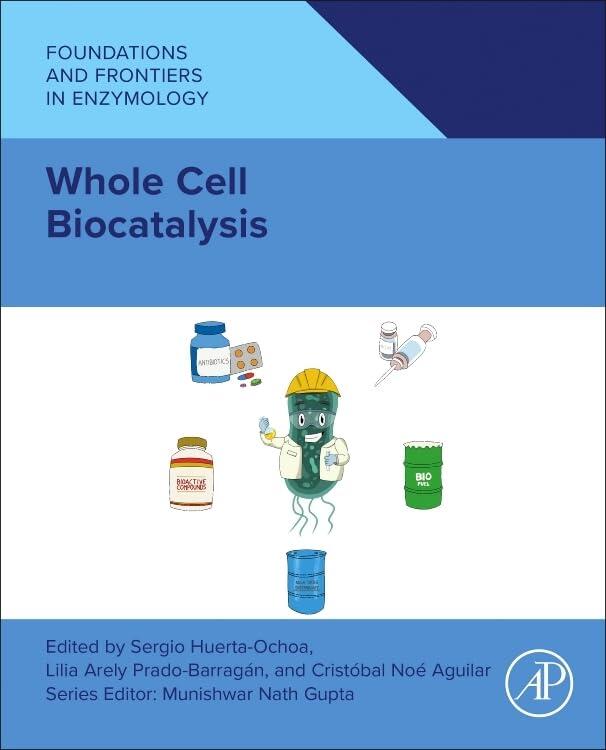
Whole Cell Biocatalysis
by:
Sergio Huerta-Ochoa
,
Lilia Arely Prado-Barragán
,
Cristobal Noe Aguilar PhD
Language: English
Format: Paperback
ISBN 10: 0443239983
ISBN 13: 9780443239984
Publication date:
May 6th, 2025
Publisher: Academic Press
Pages: 472
Genres: Science & Technology
This volume delves into the innovative field of whole cell biocatalysis, an increasingly significant area of enzymology that harnesses the power of living cells for various biochemical applications. The authors, seasoned experts in the field, explore both theoretical aspects and practical applications, providing readers with a comprehensive understanding of how whole cells can be utilized as catalysts in diverse chemical reactions.
Through detailed chapters, the book covers a range of topics, including the mechanisms of biocatalysis, optimization strategies for improving cell efficiency, and case studies that illustrate successful applications in industry. It serves as an essential resource for researchers and practitioners alike, offering insights that can inspire future developments in biocatalytic processes.
Beyond the scientific underpinnings, the discussion extends to the implications of biocatalysis in sustainable practices, positioning it as a vital technology for addressing environmental challenges. With its balanced approach between foundational theory and practical insights, the work stands out as an important contribution to the ongoing discourse in enzymology and bioengineering.
Through detailed chapters, the book covers a range of topics, including the mechanisms of biocatalysis, optimization strategies for improving cell efficiency, and case studies that illustrate successful applications in industry. It serves as an essential resource for researchers and practitioners alike, offering insights that can inspire future developments in biocatalytic processes.
Beyond the scientific underpinnings, the discussion extends to the implications of biocatalysis in sustainable practices, positioning it as a vital technology for addressing environmental challenges. With its balanced approach between foundational theory and practical insights, the work stands out as an important contribution to the ongoing discourse in enzymology and bioengineering.